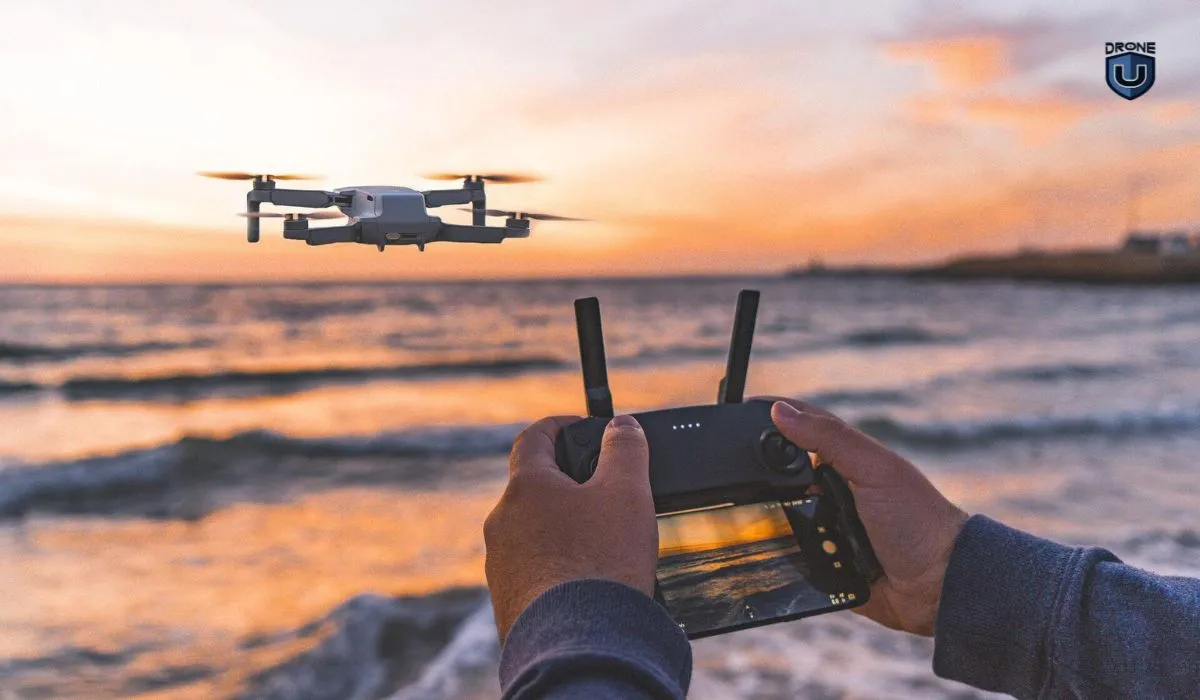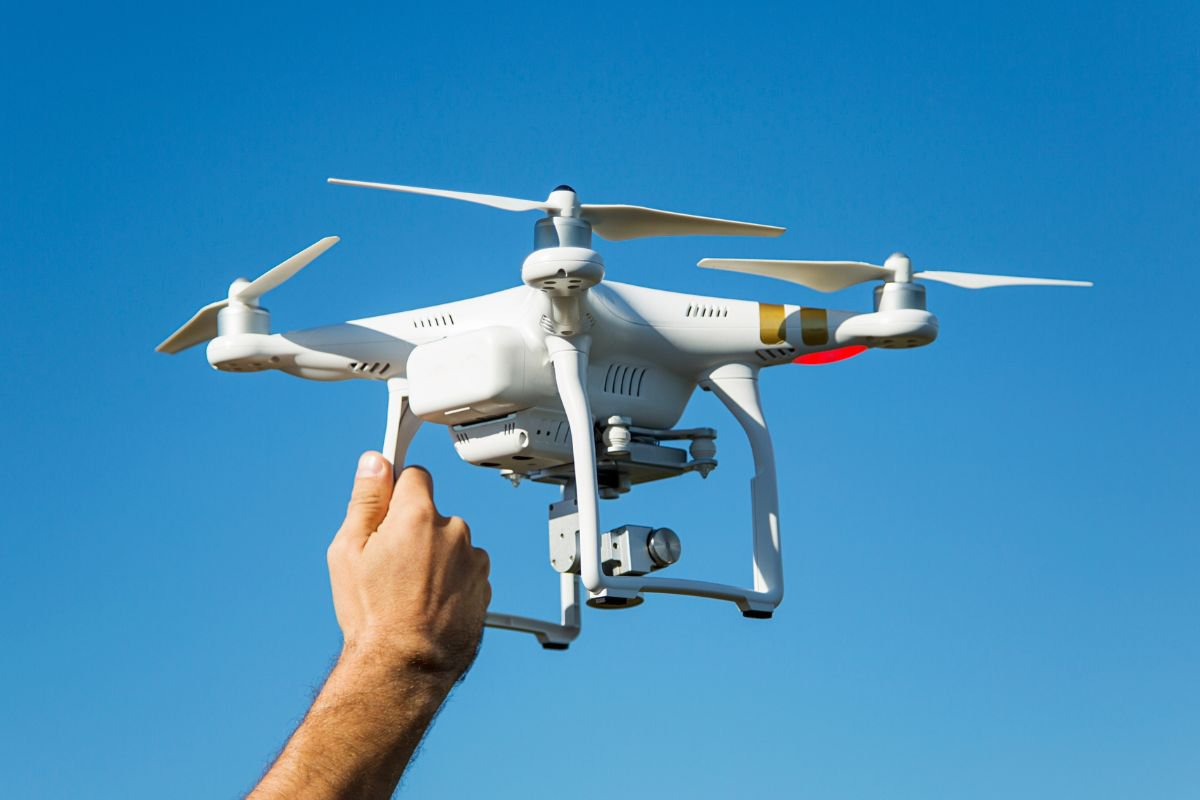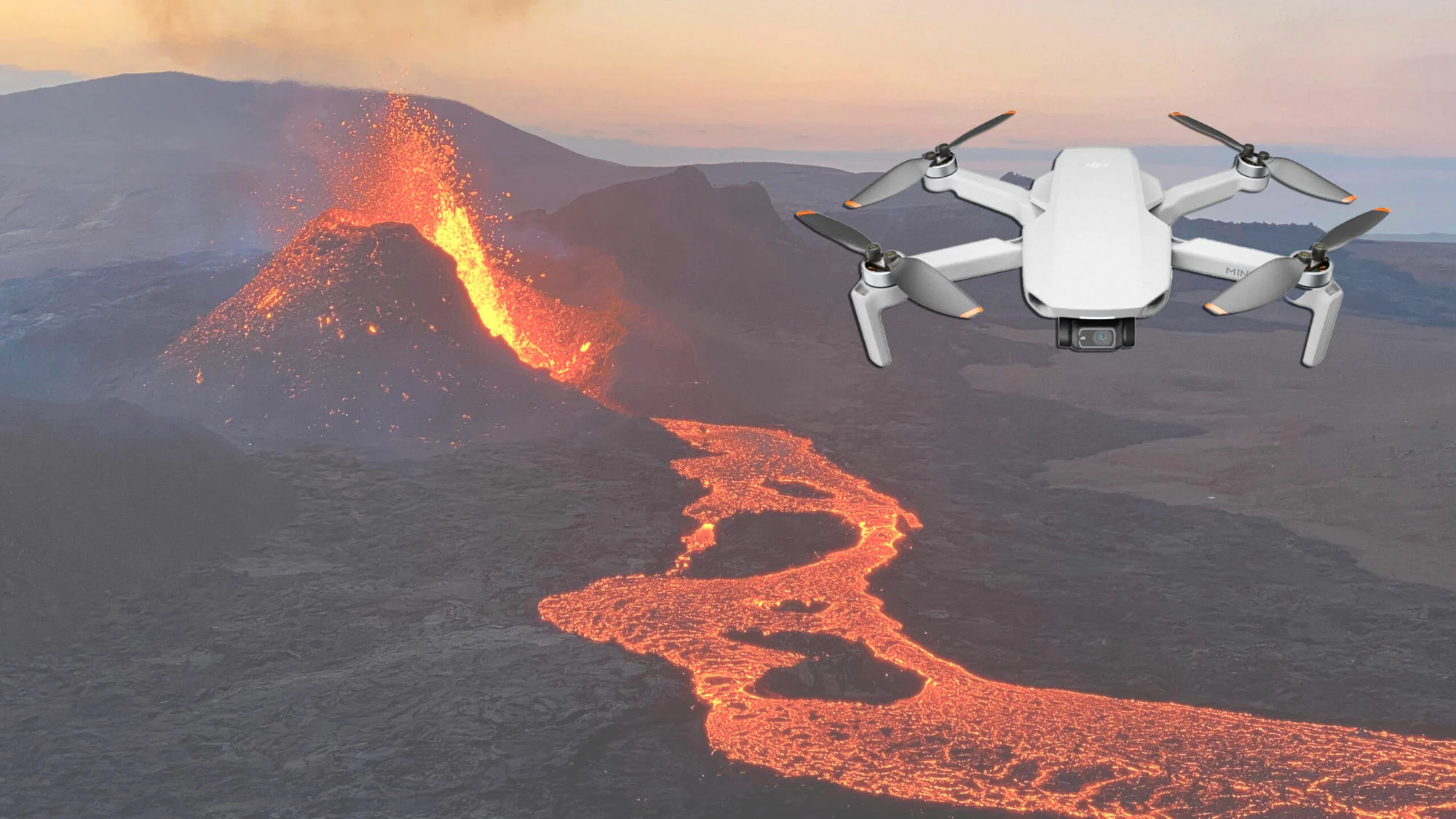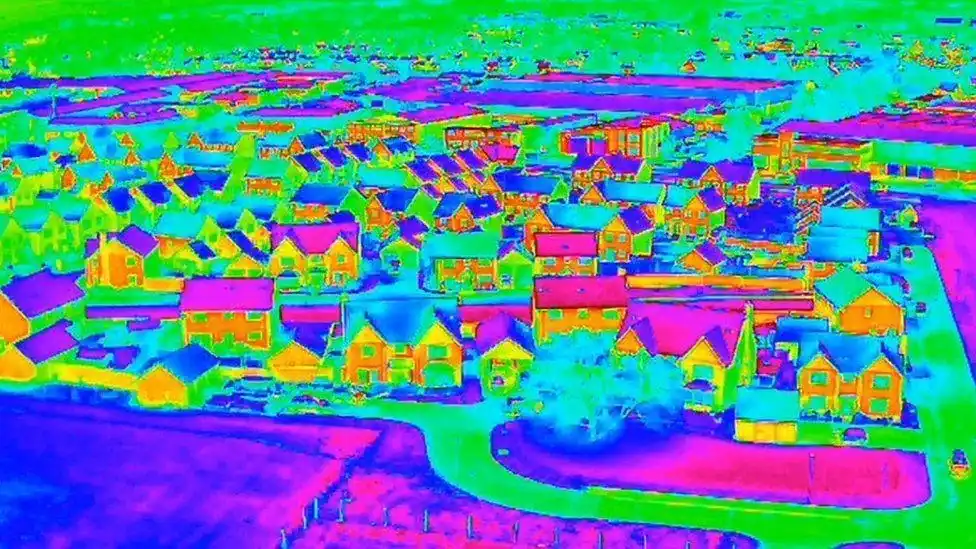scrapfellow.com – The DJI Avata 2, released April 11, 2024, redefines videography with its first-person view (FPV) capabilities. As a drone enthusiast who’s flown it extensively, I’ve captured dynamic footage that traditional drones can’t match. Its 4K/60fps HDR video and 155° ultra-wide FOV make it a game-changer for creators.
Flying and Filming
Piloting the Avata 2 with DJI Goggles 3 and RC Motion 3 feels like stepping into the frame. I’ve shot low-altitude swoops through forests and tight indoor orbits—scenes impossible without its prop guards and agility. The one-axis gimbal, paired with RockSteady stabilization, keeps footage smooth despite my novice flips and rolls. A standout moment? Filming a sunset chase over a lake, the drone’s 23-minute flight time giving me ample takes.
Technical Edge
The Avata 2’s 1/1.3-inch CMOS sensor excels in low light, boasting a 12 MP dynamic range. Its 13 km transmission (FCC) ensures a crisp feed, vital for framing shots. Easy ACRO mode lets beginners nail stunts, while pros can tweak manual settings for 60 mph runs. The 46 GB onboard storage is a lifesaver when microSDs fail mid-shoot.
Industry Standing
DJI dominates drone tech, and the Avata 2—priced at $489 standalone or $1,199 for the Fly More Combo—builds on its FPV legacy. Reviews from TechRadar and Space.com laud its accessibility and quality, making it a go-to for vloggers and filmmakers.
Reliable Results
Backed by DJI’s pedigree and my hands-on tests, the Avata 2 delivers. It’s FAA Remote ID compliant, ensuring legal peace of mind. For immersive, high-octane videography, it’s a trusted tool that elevates storytelling.





